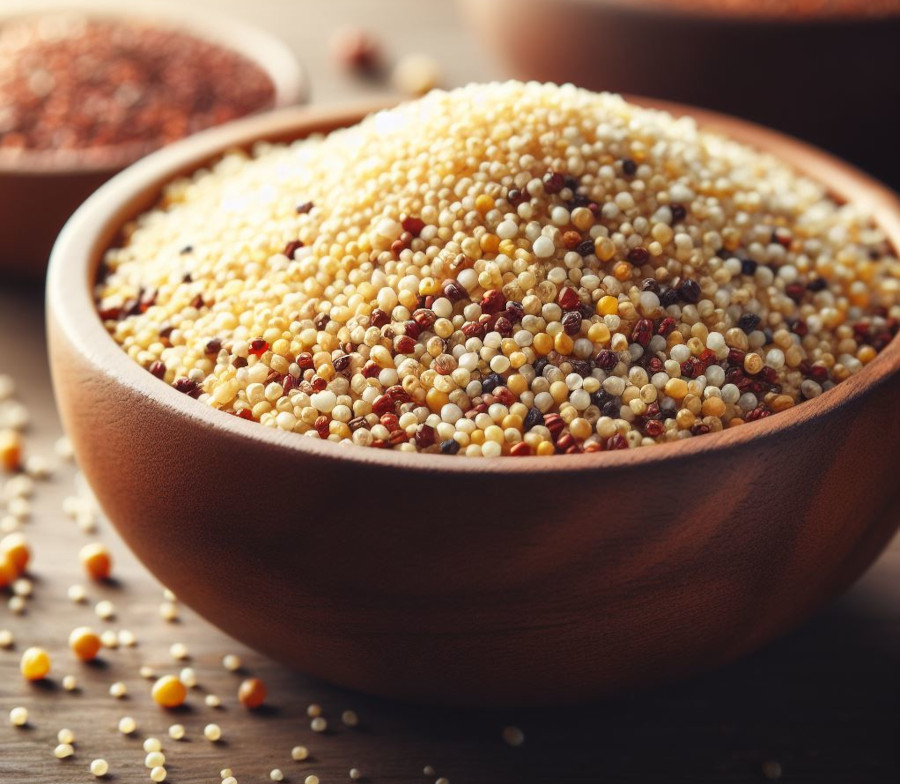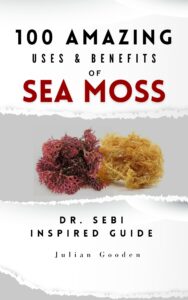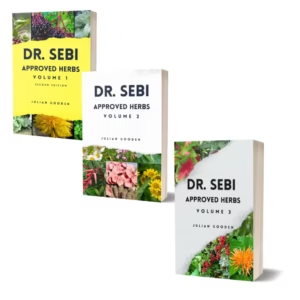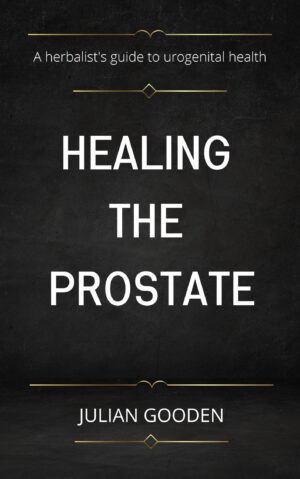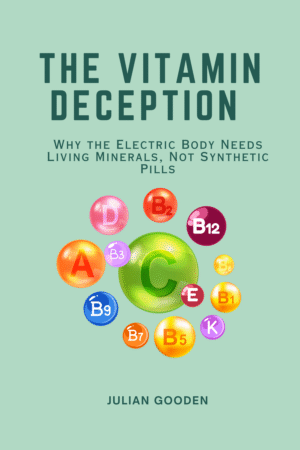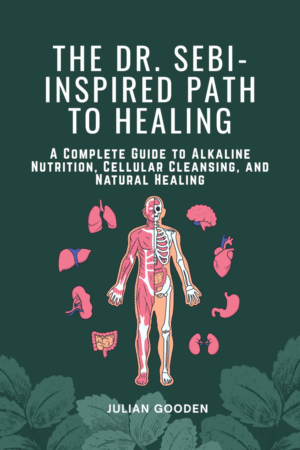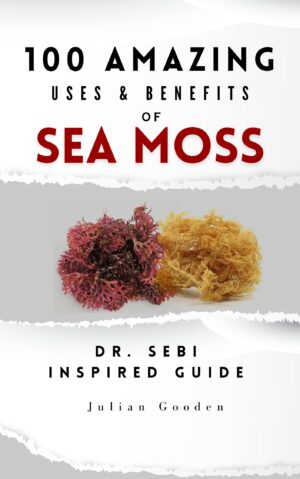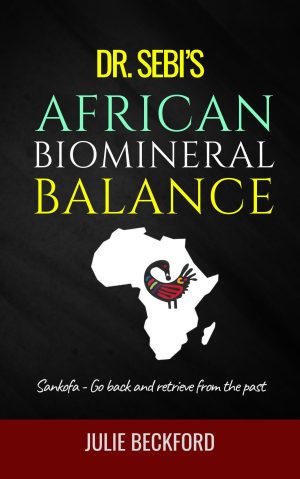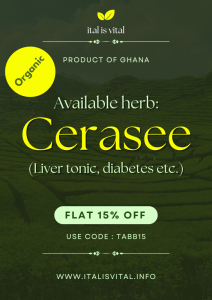Dr. Sebi suggested that consuming alkaline grains could help maintain a balanced pH level in the body and promote overall health. These grains include amaranth, fonio, kamut, quinoa, rye, spelt, teff, and wild rice. Here are summaries of some of the grains considered Dr. Sebi approved, along with their nutritional value and sources.
-
Amaranth:
- Nutritional Value: Amaranth is a gluten-free grain high in fiber, and various essential nutrients. It provides an excellent source of lysine, calcium, magnesium, and iron.
- Sources: You can find amaranth in health food stores or online markets. It’s available as whole grains, flour, or flakes.
-
Fonio:
- Nutritional Value: Fonio is a gluten-free, ancient African grain rich in minerals. It is particularly high in methionine, and provide good amounts of iron and zinc.
- Sources: Fonio can be purchased from specialty stores or online retailers that focus on African and gluten-free products.
-
Kamut:
- Nutritional Value: Kamut is an ancient wheat variety that offers a rich source of fiber, selenium, and magnesium. It’s particularly known for its nutty flavor and firm texture.
- Sources: Kamut products, such as Kamut flour and Kamut berries, are available in health food stores and online.
-
Quinoa:
- Nutritional Value: Quinoa is a gluten-free grain. It is a good source of fiber, iron, and magnesium.
- Sources: Quinoa is widely available in supermarkets, health food stores, and online markets.
-
Rye:
- Nutritional Value: Rye is a grain known for its dense and hearty texture. It is a source of dietary fiber, and minerals. Rye bread, in particular, is a common way to consume rye.
- Sources: Rye flour and rye products can be found in most grocery stores and specialty bakeries.
-
Spelt:
- Nutritional Value: Spelt is an ancient wheat variety with a nutty flavor. It contains dietary fiber, and essential minerals like iron and magnesium.
- Sources: Spelt flour, spelt pasta, and other spelt products can be purchased at health food stores and some regular grocery stores.
-
Teff (Tef):
- Nutritional Value: Teff is a tiny grain native to Ethiopia and is naturally gluten-free. It’s a good source of fiber, iron, and and minerals.
- Sources: Teff can be found in specialty stores that carry African or gluten-free products or purchased online.
-
Wild Rice:
- Nutritional Value: Wild rice is actually a type of grass seed rather than a true rice. It is high in protein, dietary fiber, and essential nutrients like manganese, and phosphorus.
- Sources: You can find wild rice in many supermarkets and health food stores.


